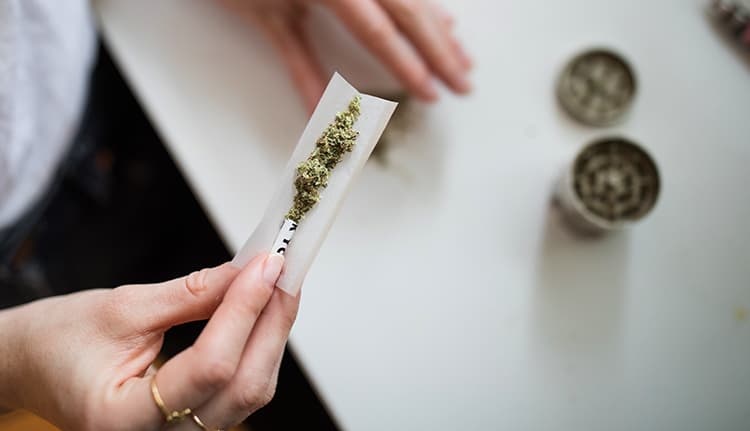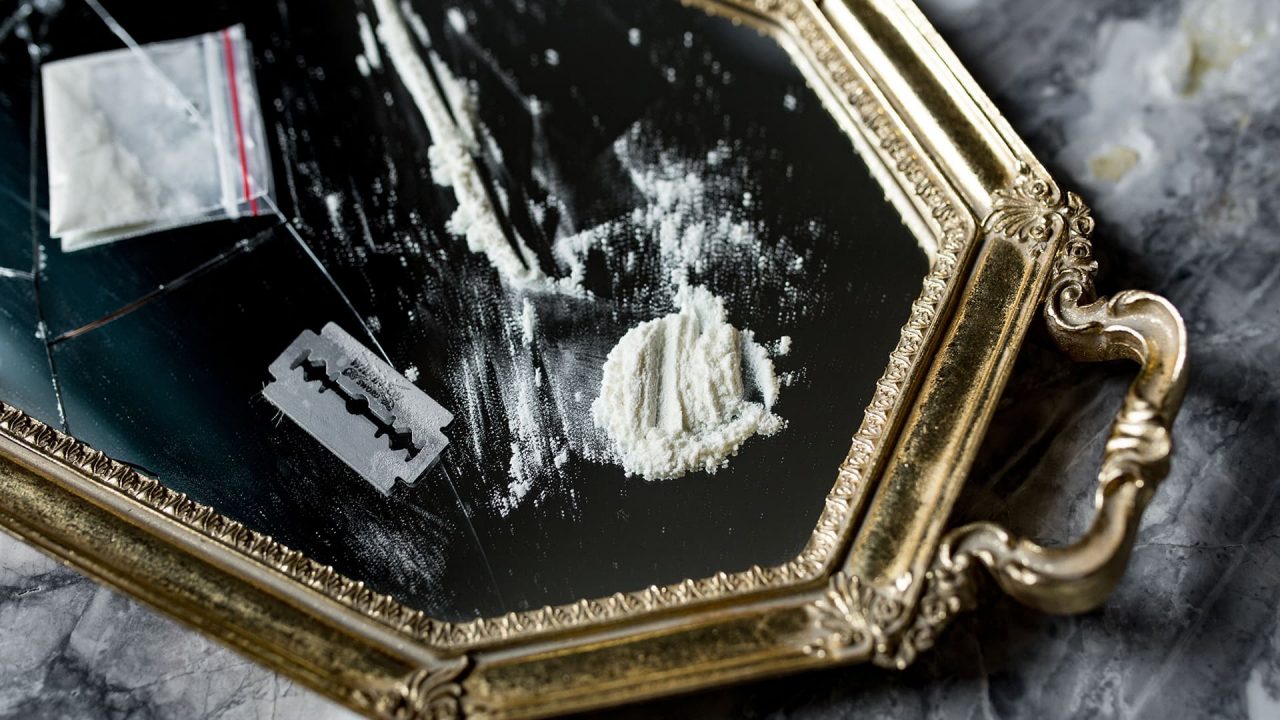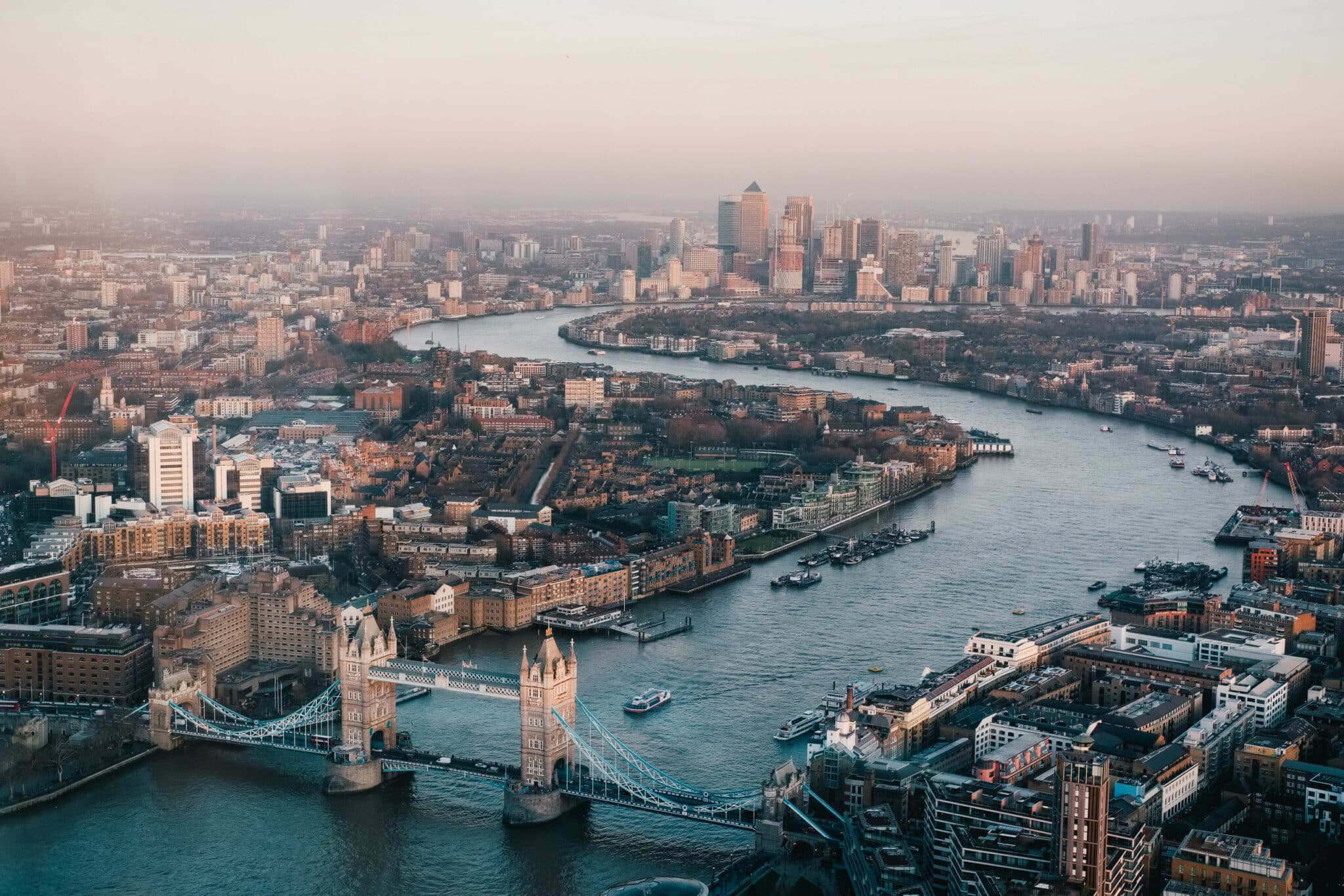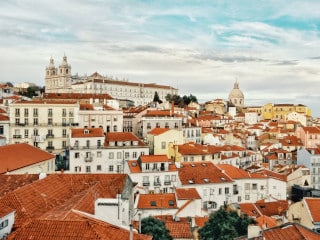Did you know that in 2001, Portugal took a radical step to become the first country in the world to decriminalise all drugs? It was bold. It was radical. And it worked. Let’s see how.
Nearly two decades later, the Portugal Drug Policy has been lauded as a revolutionary method to combat drug usage. It has since been used as a model by numerous countries across the globe. With shifting perceptions towards drugs and usage worldwide, we look into how and why the Portugal Drug Policy has garnered international acclaim. We also discuss how Portugal combatted its own conservatism to create a bold and compassionate approach to tackling drug use.
Why was the Portugal Drug Policy introduced?
In the 1990s, Portugal was in the midst of a drug epidemic plaguing the nation far and wide. An estimated 1% of the population was hooked on heroin and Portugal had the highest rate of HIV infections in Europe.
It affected all social classes including bankers, university students, tradesmen and socialites.
Failed anti-drug campaigns, increased crime rates and a growing national problem were made even more visible as desperate communities were dealing with parents, children and families all battling with drug addiction.A group of pioneer doctors across the country, who were tackling the problems in their respective areas, were revolutionising treatments. They soon helped pave the way for the Portugal Drug Policy to be introduced. This caused a momentous shift in the nation’s attitude towards drugs.
What is the Portugal Drug Policy?
According to the European Monitoring Centre for Drugs and Drug Addiction, the Portugal Drug Policy, implemented in 2001, decriminalised the personal consumption, acquisition and possession of all drugs. Put simply, personal consumption of drugs was no longer punishable with a criminal sentence (including prison) but rather, was now referred to as an administrative or civil sentence. It is here that the Portugal Drug Policy has successfully staked its legacy. Their attitude towards drug consumption had changed the nation’s mindset from simply labelling drugs as “bad” or “the devil” to providing a workable solution that promoted the need for treatment and a healthy recovery for addicts. The success of the Portugal Drug Policy has seen a dramatic recovery in the nation’s drug problem. Even remaining steady through several conservative government leaders who had been elected since its inception. The Portugal Drug Policy allowed for a broad range of services to work together and effectively serve their communities. These groups from pharmacies, health, psychiatry, housing, social work and employment had previously struggled to pool their resources and expertise.

What drugs are legal in Portugal?
While travelling across the globe, you’ll often hear stories from other travellers proclaiming that weed, cocaine or MDMA are all legal to use and freely available on the streets in Portugal.
Despite these common misconceptions, all drugs still remain illegal in Portugal.
The main reason for this confusion is a general misunderstanding of the difference between legalisation and decriminalisation.
Legalisation of drugs
Legalisation would usually mean the use, possession, manufacture and supply of narcotic substances would not hold any criminal penalty.
Similar to alcohol or tobacco, where they are able to be used, grown, sold and possessed in an open and legal way.
Decriminalisation is different
On the other hand, decriminalisation removes criminal penalties from an offence but civil penalties still remain intact. Simply put, decriminalising an offence does not make it legal. Speeding is a good example to illustrate an offence that is illegal and dealt with by a civil penalty. The Portugal Drug Policy rests on the fundamental pillar that there is no such thing as ‘soft’ or ‘hard’ drugs, only healthy and unhealthy relationships with drugs. The Portugal Drug Policy aims to target the issue of drug use with proactive therapy or community service rather than prison time.
What happens if you get caught with drugs in Portugal?
In line with the Portugal Drug Policy, if you get caught in possession of small quantities of drugs (defined as not exceeding a 10-day supply of that substance), you are issued with a summons and the drugs will be confiscated. You will then be evaluated by the local Commission for the Dissuasion of Drug Addiction (“Comissões para a Dissuasão da Toxicodependência” (CDT)) which is made up of three people: One a legal expert, the other two are selected from medical doctors, psychologists, sociologists or social workers.
The Portugal Drug Policy empowers the committee to decide on the relevant sanctions which may include any of the following:
- Fines ranging from €25 to €150;
- Suspension of the right to practice for users with licensed professions that may endanger another person or someone’s possessions (such as a medical doctor or taxi driver);
- A ban on visiting certain places (like clubs, entertainment venues, etc.);
- A ban on associating with specific other persons;
- Foreign travel ban;
- A need to report periodically to the committee;
- Withdrawal of the right to carry a gun;
- Confiscation of personal possessions;
- Cessation of subsidies or allowances that a person receives from a public agency.
If you are suspected of associating with drug trafficking, growing or selling drugs (usually based on a larger quantity of drugs), you will face imprisonment.
Can I bring drugs with me as a tourist?
A small amount is allowed but, be careful.
Portuguese law does not differentiate between Portuguese citizens and tourists, so under the Portugal Drug Policy, you will get the same treatment as a Portuguese citizen if you are caught with drugs.
If the amount of drugs in your possession is large or you are caught at the border, you may be charged with trafficking or intention to sell, which are both punishable by imprisonment.

Has the Portugal Drug Policy worked?
A 2015 study found that since the Portugal Drug Policy was introduced, drug misuse decreased by 18%.
The percentage of people in prison in Portugal for drug law violations decreased dramatically from 44% in 1999 to 24% in 2013.
Between 1998 and 2011, the number of people in drug treatment programmes had increased by over 60%.
The Portugal Drug Policy underlies Portugal’s attitude that the eradication of all drugs is an impossible goal and that drug addiction will always exist.
It’s about health, not crime
By eliminating the threat of criminal penalties and more importantly, shifting the cultural stigma about drug usage, it has provided greater access for people to seek treatment. Under the Portugal Drug Policy, police and the judicial system are no longer being used to punish people who are using drugs. They are being used to help people with a drug problem get healthy and stay that way.
Did we answer your questions about the drug policy in Portugal? How do you feel about the issue? Leave a comment below.
We publish new content every day so be sure to subscribe to our newsletter to get notified of the latest tips for your visit or move to Portugal.







